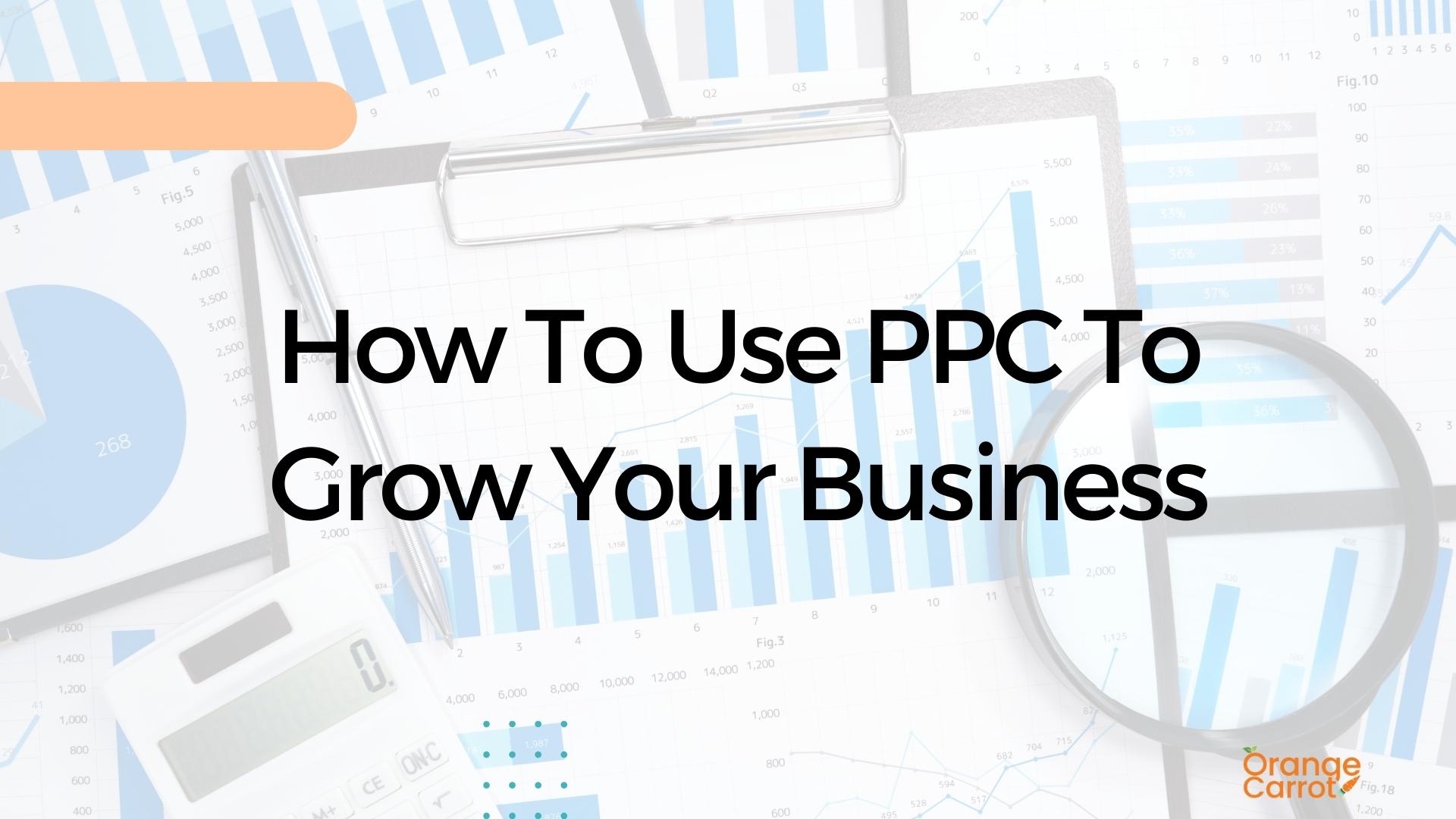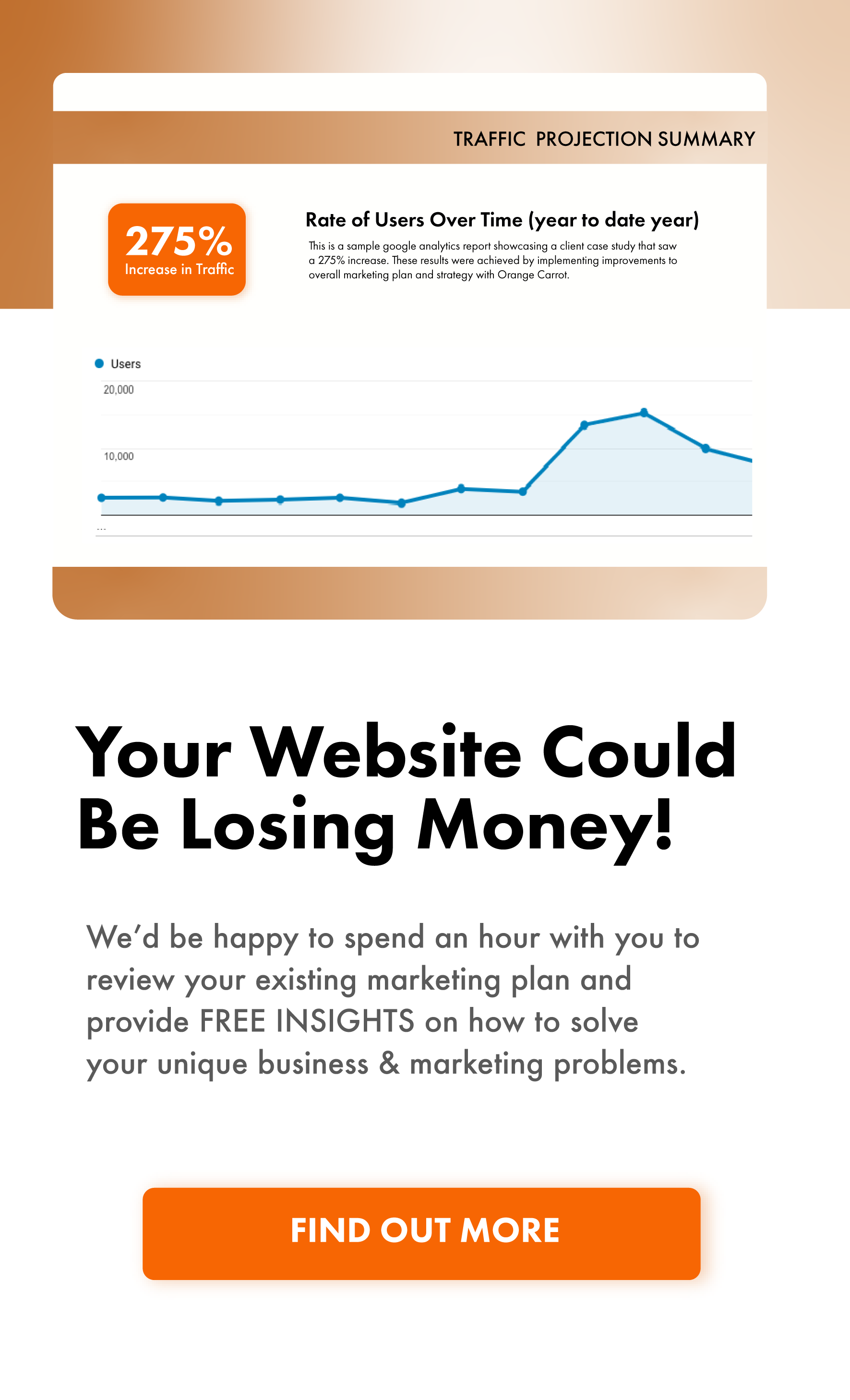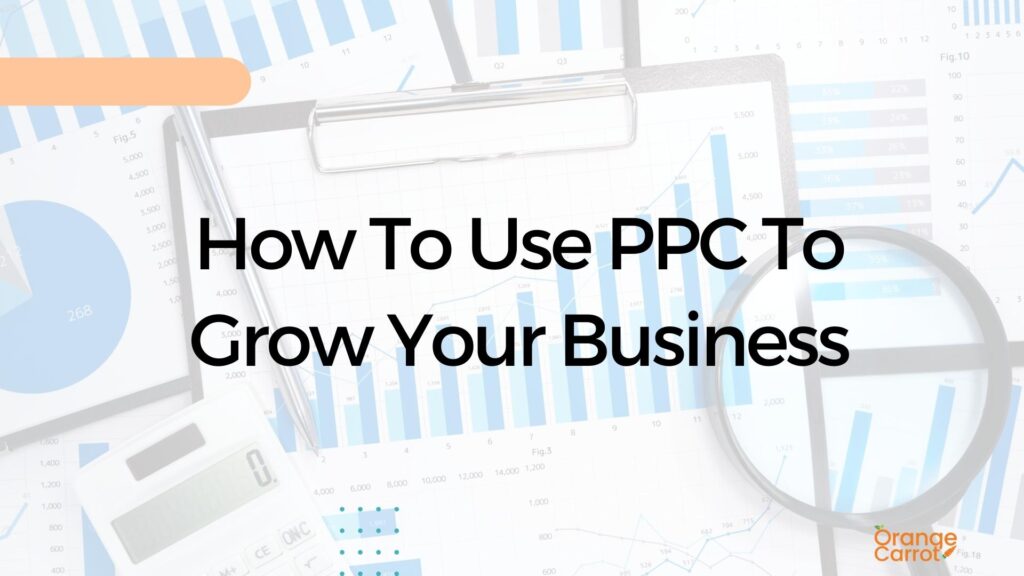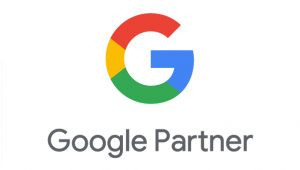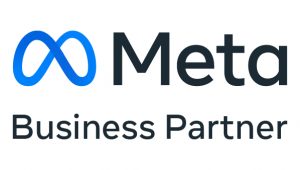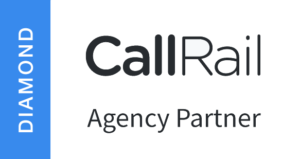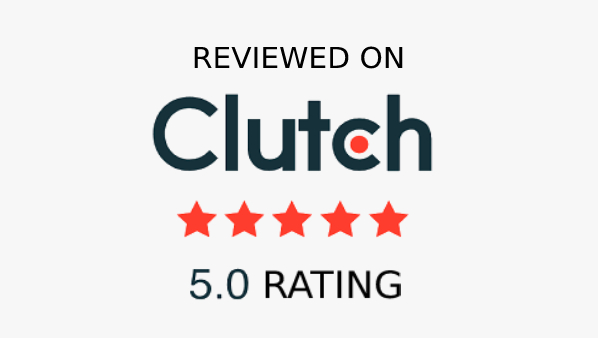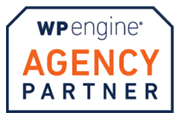Introduction
Are you looking to quickly boost your online presence, attract more customers, and grow your business? Pay-per-click (PPC) advertising might be the perfect solution for you.
In this blog post, we’ll explore how PPC can offer measurable and trackable performance while complementing your other marketing efforts. We’ll also discuss how to create successful PPC campaigns through keyword research, effective ad copywriting, and landing page optimization on platforms such as Google Ads or Microsoft Ads.
Key Takeaways
- PPC advertising offers measurable and trackable performance, complements other marketing efforts, generates fast results, increases website traffic and conversions, and targets specific audiences.
- To create a successful PPC campaign, determine your budget and goals, conduct thorough keyword research and selection, write effective ad copy that matches search intent, optimize landing pages to increase conversions, and use negative keywords to avoid irrelevant clicks.
- By selecting specific keywords relevant to your product or service in a well - planned PPC campaign integrated with other digital marketing channels can greatly improve website traffic as well as lead generation efforts.
- The continuous monitoring of campaign elements based on valuable metrics allows you to make informed decisions regarding optimization efforts for maximum ROI while leveraging cost-effectiveness.
Understanding The Benefits Of PPC Advertising
PPC advertising offers measurable and trackable performance, complements other marketing efforts, generates fast results, increases website traffic and conversions, and targets specific audiences.
Measurable And Trackable Performance
One of the significant benefits of PPC advertising lies in its measurable and trackable performance, which is a crucial aspect for digital marketers. With comprehensive analytics available through popular platforms like Google Ads and Bing Ads you can access real-time data about the performance of your campaigns.
Having such detailed information at your fingertips allows you to make informed decisions regarding optimization efforts for maximum return on investment (ROI).
For instance, if certain keywords perform better than others or if an ad with a specific headline is driving higher conversions than another variation. As opposed to traditional marketing methods where measuring success might be challenging or ambiguous at times, PPC advertising delivers transparent results that can significantly contribute to achieving your business objectives while leveraging cost-effectiveness effectively.
Complements Other Marketing Efforts
One of the significant advantages of PPC advertising is its ability to seamlessly integrate with other marketing strategies, ultimately working together to increase your brand’s visibility and boost overall performance.
For instance, by utilizing remarketing or retargeting ads on platforms like Google Ads or Facebook Ads, you can re-engage individuals who have already shown interest in your business but may not have made a purchase yet.
These targeted ads appear as they browse other sites or their social media feeds and serve as a valuable reminder about your products or services. Moreover, using insights gleaned from highly effective keywords in your PPC campaign can further enhance your SEO strategy – helping you better optimize content for organic search results.
Generates Fast Results
One of the most compelling benefits of PPC advertising is its ability to generate fast results for your business. Unlike traditional SEO, which can take months or even years to establish a strong online presence and rank high on search engine results pages, PPC campaigns can quickly propel your website to the top positions within hours of launching.
For instance, imagine you’ve just rolled out a new product line that caters specifically to digital marketers looking for cutting-edge solutions. By implementing targeted keywords such as “online advertising tools” or “social media marketing software,” you can place your ads directly in front of this target audience when they’re actively searching for related information.
As a result, they are more likely to click on your ad and explore what your business has to offer – leading not only to increased website traffic but also higher conversion rates.
Increases Website Traffic And Conversions
One of the key benefits of using PPC advertising is that it can significantly increase website traffic and conversions. By targeting specific audiences with relevant keywords, your ads are more likely to be clicked on by people who are already interested in what you have to offer.
In fact, according to Google, businesses make an average of $2 for every $1 they spend on AdWords campaigns. With PPC ads, you have control over ad placement and budget which allows you to test different strategies and optimize your campaign for maximum results.
Additionally, since PPC ads produce fast results, businesses can quickly identify which keywords or ad copies perform best and adjust their campaigns accordingly.
Targets Specific Audiences
One of the most significant benefits of PPC advertising is that it allows you to target your ideal customers. By selecting specific keywords relevant to your product or service, you can ensure that your ad will be displayed only to those who are likely interested in what you offer.
This means that every click on your advertisement has a higher chance of converting into a sale or lead compared to traditional advertising methods. For instance, if you run an online jewelry store selling engagement rings, using relevant keywords such as “diamond engagement ring” could help channel traffic from individuals actively searching for products in this category.
Creating A Successful PPC Campaign
To create a successful PPC campaign, start by determining your budget and goals, conduct thorough keyword research and selection, write effective ad copy that matches search intent, optimize landing pages to increase conversions, and use negative keywords to avoid irrelevant clicks.
Determine Your Budget And Goals
To create a successful PPC campaign, it’s crucial to determine your budget and goals. Here are some tips for doing so:
- Set a realistic budget based on your overall marketing goals and expected return on investment (ROI).
- Define your target audience and the keywords they’re most likely to search for.
- Determine the geographic location(s) you want to target.
- Choose the right ad format for your goals (i.e., search ads vs. display ads vs. video ads).
- Decide how much you’re willing to spend per click or per impression.
- Identify key performance indicators (KPIs) such as click-through rate (CTR) or conversion rate, and set targets for each.
- Consider any seasonal trends that may affect your campaign.
- Continuously monitor and adjust your budget and goals based on performance data.
By taking the time to define your budget and goals, you’ll be better equipped to create a successful PPC campaign that reaches your target audience and delivers the desired results.
Conduct Keyword Research And Selection
To create a successful PPC campaign, conducting thorough keyword research and selection is crucial. Here are some key steps to follow:
- Understand your target audience: Research solution-aware personas to uncover what keywords they might use when searching for products or services like yours.
- Use keyword research tools: Tools like Google Keyword Planner and SEMrush can help you find relevant keywords and estimate traffic potential.
- Analyze the competition: Look at what your competitors are bidding on and which keywords they’re ranking for to inform your own strategy.
- Choose high-intent keywords: Focus on specific, relevant, and high-intent keywords that will attract qualified traffic and increase conversions.
- Consider long-tail keywords: Longer, more specific phrases may have less search volume but can generate higher quality traffic with lower competition.
- Review negative keywords: Eliminate irrelevant search terms by identifying negative keywords that aren’t relevant to your product or service.
By carefully selecting your keywords based on these steps, you’ll have a solid foundation for a successful PPC campaign. Remember to continually monitor and optimize your campaigns based on performance metrics like CTR and conversion rate to achieve the best ROI possible.
Write Effective Ad Copy
One of the most crucial aspects of a successful PPC campaign is writing effective ad copy. Your ad copy must be engaging, relevant, and persuasive enough to attract potential customers while standing out from your competitors’ ads.
Make sure your headline captures attention by highlighting the benefits that your products or services offer.
Remember to always include keywords related to solution-aware personas in your ad copy, as these are the specific queries they’re searching for online. The better aligned with their intent, the more likely they will convert into leads or sales for your business.
By testing various versions of ad copies on different platforms like Google Ads or Bing Ads using A/B testing strategies on headlines and description lines can also help optimize performance with higher Click-Through-Rates(CTR).
Optimize Landing Pages
One of the most crucial steps in creating a successful PPC campaign is to optimize your landing pages. Your landing page should be relevant and engaging, providing visitors with exactly what they’re looking for when they click on your ad.
To optimize your landing pages, ensure that they have clear headlines, well-written copy that showcases the benefits of your product or service, and compelling calls-to-action (CTAs).
Make sure to include relevant keywords from your ad copy in both headings and body text for better SEO performance. Finally, use A/B testing to compare different versions of your landing pages so you can see which variations perform best with real audiences.
Use Negative Keywords
In order to optimize your PPC campaigns and reduce wasted spend, it’s important to use negative keywords. Negative keywords are search terms that you do not want your ads to appear for.
Using negative keywords can also improve relevancy and increase click-through rates by ensuring that your ad is only shown to people who are likely to be interested in what you have to offer.
In addition, using negative keywords can help improve the overall quality score of your ad campaign, which can lead to better positioning and lower costs per click.
Choosing The Right Platform
Consider popular platforms like Google Ads and Bing Ads, as well as social media ads, to determine which one aligns with your business goals and audience targeting.
Google Ads
Google Ads is the most popular PPC platform, processing over 90,000 search queries every second. This platform allows you to create text ads that appear on Google’s SERP when users enter specific keywords or phrases.
With Google Ads, you have complete control over your budget and bidding strategies for each campaign.
To maximize your results with Google Ads, it’s crucial to conduct thorough keyword research and write compelling ad copy that resonates with your audience. You can also enhance the effectiveness of your campaigns by testing different variations of ad creatives and optimizing landing pages for better conversions.
Microsoft Ads
Bing Ads is a great platform for PPC advertising. With Bing Ads, you can advertise to a larger audience at a lower cost-per-click than Google Ads. It’s important to note that while Google has more searches, Bing reaches across other search engines such as Yahoo and AOL.
When creating your Bing Ads campaign, it’s crucial to conduct thorough keyword research and selection so that you target the right audience effectively. Additionally, use negative keywords to ensure that your ads are not displayed for irrelevant searches or clicks.
Measuring And Analyzing Results
Track performance metrics, conduct A/B testing, and adjust your campaign as necessary to ensure you’re getting the best results from your PPC ads.
Track Performance Metrics
Tracking performance metrics is a crucial part of a successful PPC campaign. Here are some metrics to monitor:
- Click-through Rate (CTR): This measures how many clicks your ad receives per impression. A high CTR indicates that your ad is relevant and engaging to your audience.
- Conversion Rate: This measures the percentage of visitors who take an action, such as making a purchase or filling out a form, after clicking on your ad. A high conversion rate indicates that your ad is effectively driving conversions.
- Cost per Click (CPC): This measures the cost you pay each time someone clicks on your ad. Monitoring CPC helps you stay within budget while maximizing ROI.
- Quality Score: This metric determines the relevance and quality of your ad, landing page, and keywords. Improving the quality score can improve ad positioning and lower CPC.
- Return on Ad Spend (ROAS): This measures the revenue generated from advertising compared to the cost of the ads themselves. ROAS helps determine if a paid campaign is profitable.
By tracking these metrics regularly, you can optimize your PPC campaigns for better performance and ROI.
Conduct A/B Testing
A/B testing is an essential tool for measuring and analyzing the results of your PPC campaigns. Here are some important tips to keep in mind when conducting A/B testing:
- Create two different versions of your ad that differ in only one element, such as the headline or image.
- Test your ads simultaneously to ensure accurate results.
- Keep a clear hypothesis and goal in mind for each test.
- Analyze both qualitative and quantitative data to determine which version of the ad performed better.
- Use the data you gather to continuously optimize and improve your campaign.
By conducting regular A/B testing, you can improve click-through rates, conversion rates, and overall ROI of your PPC campaigns. Don’t forget to test not only different elements of your ad but also different landing pages for a comprehensive optimization strategy. With careful analysis and experimentation, you can create ad campaigns that truly resonate with your target audience.
Adjust Your Campaign As Necessary
To ensure the success of your PPC campaign, it’s essential to be constantly monitoring and analyzing its performance. Here are some tips on how to adjust your campaign as necessary:
- Track Your Metrics: Keep a close eye on key metrics like click-through rates, conversion rates, cost-per-click, and cost-per-conversion. This will help you identify areas for improvement.
- Conduct A/B Testing: Test different ad copy, landing pages, calls-to-action, and targeting options to determine what works best for your audience.
- Monitor Your Competition: Analyze what your competitors are doing in terms of their ad copy, targeting strategies, and landing pages to stay ahead of the game.
- Adjust Your Bids: Regularly review and adjust your bids based on keyword performance to ensure you’re maximizing your budget.
- Use Automation Tools: Leverage automation tools like Google Ads Smart Bidding or AdWords Scripts to make quick adjustments and optimize campaigns efficiently.
By regularly adjusting your PPC campaign based on performance metrics and testing results, you can improve its effectiveness over time and maximize ROI.
Scaling Your PPC Campaign
In order to scale your PPC campaign, it’s important to understand when to do so and target specific behaviors and interests of your ideal customers.
Understand When To Scale
Once you have launched your PPC campaign, it is essential to monitor its performance regularly. Pay attention to key metrics such as click-through rates (CTR), conversion rates, and cost per click (CPC).
If you notice that your ad is getting a good CTR and higher conversions at an affordable CPC, then scaling the campaign might be appropriate.
Scaling must be done cautiously because it can lead to overspend if not properly monitored. To scale effectively, it’s necessary to identify what works best in your current campaigns and roll out those effective strategies across all platforms.
Also critical is understanding the behavior of potential customers in their purchase journey so as not to overspend or underspend based on their intent.
In conclusion, when scaling with PPC advertising campaigns utilizing industry trends in search engine marketing SEM allows easy identification of paid advertising opportunities which could provide an instant benefit towards new brands looking for exposure online while generating fast results regardless of whether they’re starting from scratch or building on existing momentum through outbound efforts like social media advertising that drive traffic faster than typical SEO tactics alone.
Target Specific Behaviors And Interests
Targeting specific behaviors and interests can be a game-changer for your PPC campaigns. By focusing on specific characteristics of your target audience, you can create hyper-targeted ads that resonate with them.
For example, if you sell fitness equipment, targeting people who engage in fitness activities or have shown interest in related products will produce better results compared to targeting everyone.
Additionally, layering targeting options allows you to refine your audience further by selecting different factors like age, gender, location, income level, etc., increasing the chances of converting visitors into buyers.
Layer Your Targeting To Reach Your Buyers
Layering targeting can be a powerful way to refine your PPC campaigns and reach potential buyers more effectively. By using multiple targeting options like keywords, demographics, and behaviors, you can create a highly specific audience that’s more likely to engage with your ads.
For example, if you’re running an ad campaign for a local coffee shop, layering might involve targeting users within a certain radius who have also shown an interest in coffee or food-related content online.
Not only does this approach help improve clickthrough and conversion rates, but it also makes better use of your advertising budget by focusing on the most relevant audiences.
It’s important to keep refining and adjusting your layers over time based on performance metrics like cost per click and return on investment (ROI).
Conclusion
In conclusion, PPC advertising is a powerful tool that can help boost your business’s online presence and drive quality leads to your website.
By understanding the benefits of PPC, creating effective ad campaigns, choosing the right platform, measuring and analyzing results, and scaling your campaign as needed, you can see significant growth in traffic and conversions.
With PPC advertising, small businesses can compete with larger companies on a level playing field while maintaining full control over their budget.
"He who has traffic has the Gold".
Austin Lovvorn

